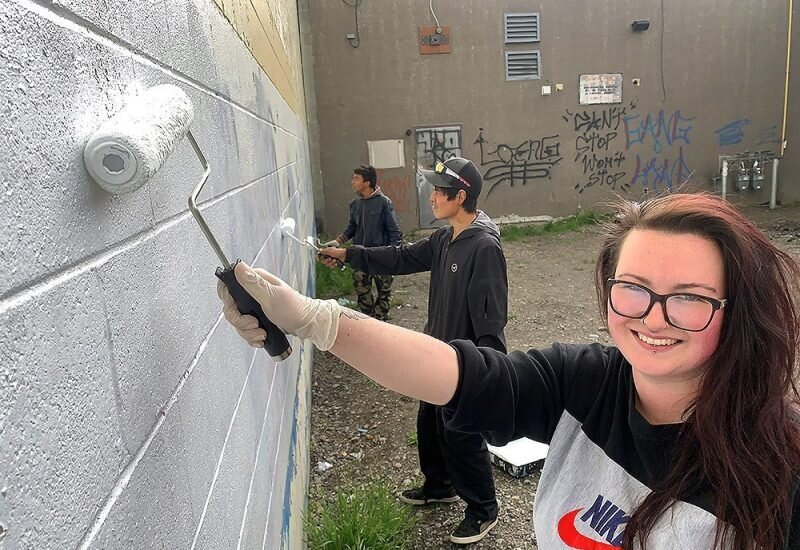Image courtesy of Autism Canada (autismcanada.org)
By Courtney Hayhurst
When it comes to mental health, there are lots of misconceptions and pieces of misinformation out there. Of those that experience mental health challenges, those with autism are often amongst the most misunderstood. That autistic people are emotionless robots or that vaccines cause autism are just two examples of some of the deep misunderstandings that surround the autistic community. These misunderstandings can lead to discrimination and stigmatization, and contributes to the acceptance (or lack thereof) of the autistic community.
Acceptance of the autistic community in Canada, as well as around the world, is lacking. Accepting people with autism into social circles, incorporating their needs into events, or even accepting autistic people into the workplace is something society still struggles with. From a 2012 Canadian Survey on Disability, the general population held an employment rate of 92.7%. Comparatively, autistic adults held a 14.3% employment rate. This data exemplifies the amount of work Canadians still need to do regarding the acceptance of people with autism.
Along with a lack of acceptance also comes mental health impacts. Cage and Di in the 2018 article “Experiences of Autism Acceptance and Mental Health in Autistic Adults”, found that acceptance, either from external sources (i.e. family, friends and society) or internal sources (i.e personal perceptions of autism) greatly impacted the mental health of autistic adults. This study discovered that depression is greatly impacted and predicted by the level of acceptance from external sources. Families were found to “...have a large role in helping autistic individuals develop the skills needed to become successful adults in society” as said by Cage and Di. In addition to this, the study also found that social support received from family and friends were not correlated with feelings of loneliness in autistic adults. The acceptance from external sources has been found to be a “...protective factor against depression”. Internal perceptions of acceptance also impacts symptoms of depression, and Cage and Di found that the greater acceptance a person has, the lower the symptoms of depression.
The above research offers some excellent insight into the well being of the autistic community, though it is focused mainly in London, England. Canadian data from the 2017 Canadian Survey on Disability offers a much more local dataset which actually still aligns closely to the findings of the European study mentioned above.
According to the 2017 survey, of the autistic population in Canada only 16% describe their health as good, or very good. This is directly contrasted to the 70% who describe their health as either good or very good, but are of the general population. This vast difference between the two communities shows that Canada is still lacking the necessary support systems and acceptance levels to maintain the good mental health of those in the autistic community.
Corey Walker, a Prince George and Northern BC autism advocate, is familiar with the struggles that the autistic community faces day to day. In addition to being an advocate, Corey has also been personally diagnosed with aspergers, and through both his personal and professional journeys he has incredible personal experiences fighting for acceptance in Canada. In the interview below, Corey discusses stigma, autism, and how communities can come together to become more accepting.
In Prince George, one organization in particular has dedicated a part of their mission to building an inclusive space for the community. In the past few years Theatre North West has successfully incorporated “Relaxed Performances”, which are dedicated to those with disabilities, sensory processing disorders, and even to parents with small children. Marnie Hamagami, Executive Director of Theatre North West, helped to build this program, and in the interview below discusses why creating inclusive spaces matters, and what they mean to the community as a whole.
Works Cited:
Cage, Edith and Jessica Di. “Experiences of Autism Acceptance and Mental Health in Autistic Adults”. Journal of Autism and Developmental Disorders, vol. 48, no. 2, 2018.




